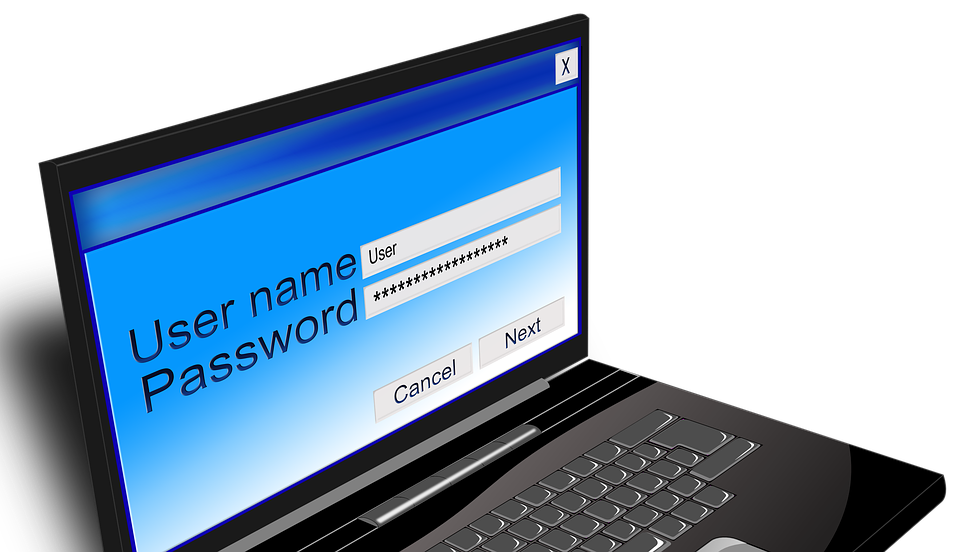In the modern business world, almost all sensitive data is stored or viewed using the Internet. While you can use an intranet for certain things, businesses that allow customers or clients to make online purchases will have to keep a large portion of their business information accessible to people who want to work with them. Sadly, this can open your business and your website up to people who might want to cause you harm. On the plus side, there are measures you can take to minimize the online risk to your business and its website. To show you how, here are three tips for keeping your business’s website secure.
Update As Soon As Possible
As software becomes more sophisticated and developers close holes or fix mistakes that may have existed in previous iterations of their products, the level of security these products have will increase. However, you have to be aware of and allow for the software to update in order to take advantage of these added security measures. For this reason, Ruald Gerber, Toby Compton, and Tim Perry, contributors to CreativeBloq.com, recommend always updating your website’s software as soon as an update is available. Once a vulnerability has been detected by hackers, they will be quick to jump on and exploit that weakness, so make sure you’re protected by always using the most current software available.
Use Two-Factor Identification When Logging In

If an unwanted visitor is able to break through the back end of your website, they’re going to have access to a lot of settings and information that should only be used by a select group of people within your organization. Not only can this hurt your business, but it can also have major impacts on your customers or clients. Knowing this, it’s important to take all precautions in this area, including two-factor identification. Krista Fabregas, a contributor to FitSmallBusiness.com, shares that the Google two-factor identification process requires users to not only have their own username and password to log in to the back end of a website, but they must also input a Google ID number that’s sent to their phone before they’re allowed access. While this can take a little more time, it’s worth it for the added security.
Get An SSL Certificate
For both your business and your customers or clients, Kristen Hicks, a contributor to HostGator.com, recommends getting an SSL certificate to ensure your website it always functioning in a secure manner. This will help those visiting your website feel more comfortable giving you their sensitive information as well as keep your whole site more secure from outside hackers.
If you’re unsure about how to keep your online business safe, use the tips mentioned above to keep your website as secure as possible.
Originally posted on June 12, 2017 @ 8:55 am
